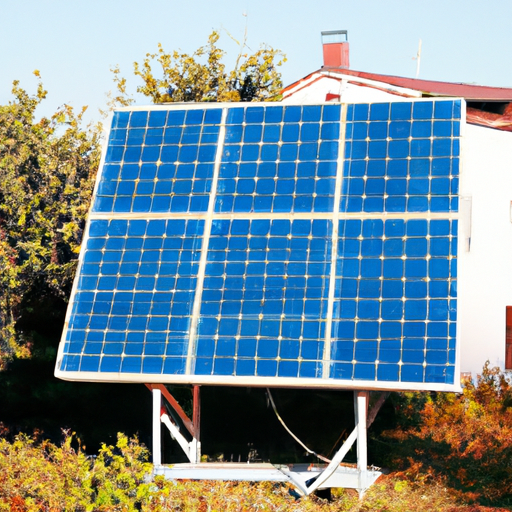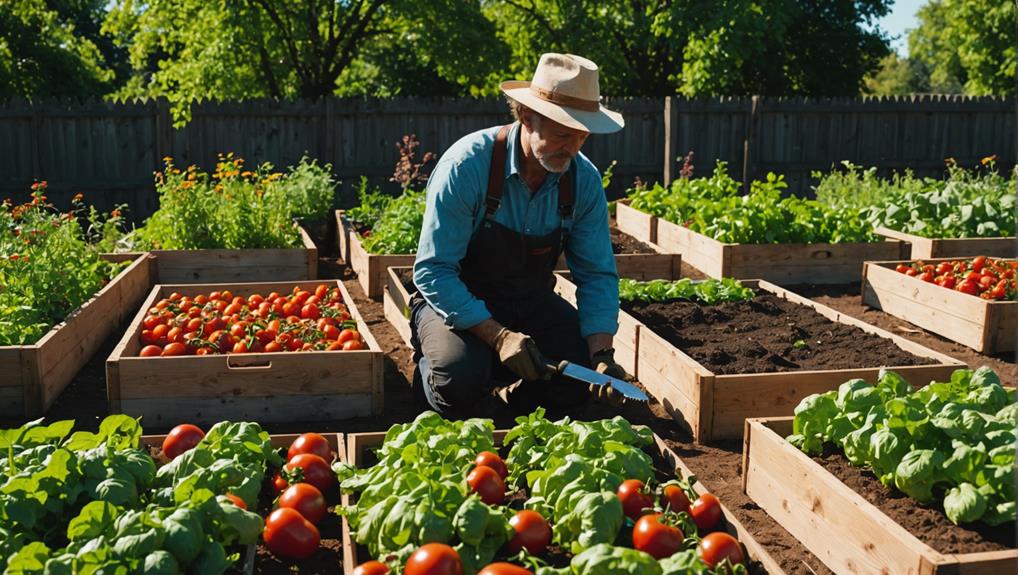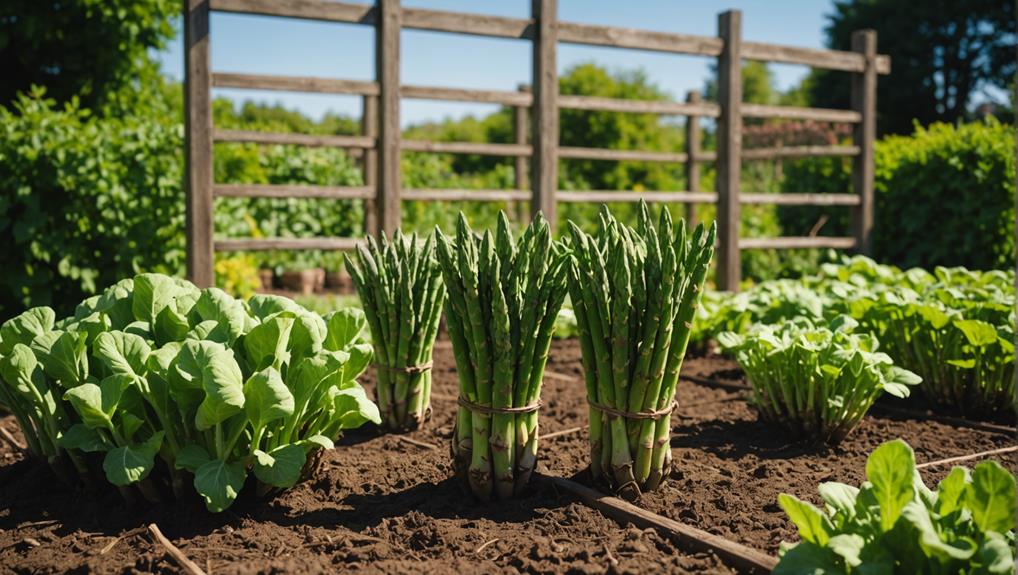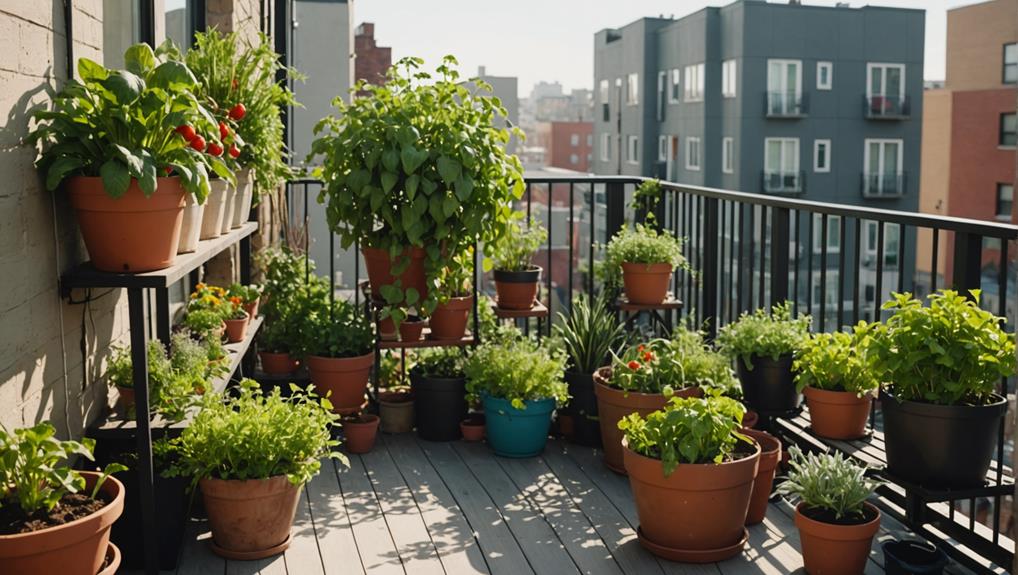As an Amazon Associate I earn from qualifying purchases.
Have you ever dreamed of living off-grid, where you can be free from the constraints of modern society and live a self-sufficient lifestyle? Well, you’re in luck because in this article we’re going to explore the world of off-grid living and how it can help you achieve freedom and independence. So, if you’ve ever wondered what it would be like to generate your own energy, grow your own food, and live completely off the grid, keep reading to learn more.
living off-grid means disconnecting from the traditional power grid and relying on alternative sources for electricity, such as solar or wind power. It also involves embracing practices that minimize waste, conserving natural resources, and living in harmony with the environment. By living off-grid, you have the freedom to live in remote areas that are not serviced by utilities, giving you the opportunity to immerse yourself in nature and enjoy a simpler, more sustainable way of life.
One of the key benefits of off-grid living is the independence it provides. You are no longer reliant on external sources for your basic needs, such as electricity or food. Instead, you have the ability to generate your own power, collect rainwater, and produce your own food through gardening or raising animals. This self-sufficiency can be incredibly empowering, as it allows you to take control of your own life and reduce your dependence on systems that may be prone to disruption or failure.
In this article, we will delve into the various aspects of off-grid living, including the practical steps you need to take to start living off-grid, the challenges you may face, and the benefits you can reap. Whether you’re looking to escape the pressures of modern society, reduce your carbon footprint, or simply live a more self-reliant lifestyle, off-grid living offers a unique and fulfilling way of life. So, if you’re ready to explore the possibilities of achieving freedom and independence through off-grid living, let’s dive right in!

Understanding Off-Grid Living
What is Off-Grid Living?
Off-grid living refers to a lifestyle where individuals or communities are self-sufficient and do not rely on public utilities such as electricity, water, or gas. Instead, they generate their own power, collect and filter water, and manage waste independently. Off-grid living allows people to disconnect from the conventional grid and embrace a sustainable, self-sufficient lifestyle.
Benefits of Off-Grid Living
Achieving freedom and independence are the primary benefits of off-grid living. By generating their own power and managing essential resources, individuals can break free from reliance on external services. This independence provides a sense of autonomy and control over one’s life. Furthermore, off-grid living promotes a closer relationship with nature, as people become more aware of their consumption and environmental impact.
Challenges of Off-Grid Living
While off-grid living offers numerous advantages, it also presents its fair share of challenges. One of the main challenges is the initial set-up cost. Building off-grid infrastructure can be expensive, requiring investments in solar panels, backup generators, and water filtration systems. Additionally, off-grid living often requires individuals to learn new skills and adapt to a different lifestyle. It can be physically demanding and mentally taxing, especially for those accustomed to a highly technological and interconnected world.
Setting Up an Off-Grid Lifestyle
Choosing the Right Location
Selecting the appropriate location is crucial for a successful off-grid lifestyle. Factors to consider include access to water sources, sunlight exposure for renewable energy generation, and the availability of fertile land for food production. You should also take into account the local climate, weather patterns, and zoning regulations. Conduct thorough research and consider consulting with professionals to ensure the chosen location is suitable for your off-grid plans.
Building Off-Grid Infrastructure
Once you have chosen a location, the next step is constructing the necessary off-grid infrastructure. This includes installing solar panels or wind turbines to generate electricity, setting up rainwater harvesting systems, and building composting toilets for waste management. These infrastructure projects require careful planning and construction expertise. Engaging with experienced contractors or attending workshops can help you navigate the process more effectively.
Creating a Sustainable Power Source
Generating sustainable power is a critical component of off-grid living. Solar energy is widely regarded as the most practical and accessible renewable energy source for off-grid households. Installing solar panels on rooftops or in strategic locations around the property can harness the sun’s energy and convert it into usable electricity. Additionally, wind turbines can also be utilized in areas with consistent winds. By investing in renewable energy sources, you can minimize your reliance on fossil fuels and reduce your carbon footprint.
Securing Essential Resources
Water Harvesting and Filtration
Water is a fundamental resource for off-grid living. harvesting and filtering rainwater can provide a sustainable supply. This involves setting up rain barrels, gutters, and filtration systems to collect and purify rainwater for drinking, cooking, and household use. It is essential to invest in effective filtration systems, such as UV filters or reverse osmosis, to ensure the water is free from contaminants and safe for consumption.
Food Production and Preservation
Growing your own food is a key aspect of self-sufficiency in off-grid living. Utilize your land wisely and cultivate a variety of crops suited to your climate. Consider implementing permaculture techniques, such as companion planting and mulching, to maximize yield and minimize maintenance. Additionally, learn food preservation techniques such as canning, dehydrating, and fermenting to store your harvest for extended periods. Building a greenhouse or using vertical gardening techniques can also help extend the growing season.
Waste Management
Proper waste management is essential to maintain a clean and healthy living environment. Composting is a great way to recycle organic waste into nutrient-rich soil for gardening. Install composting toilets to process human waste safely and efficiently. Recycling and reusing materials whenever possible will also minimize waste production. It is crucial to adopt a responsible mindset towards waste management to ensure a sustainable and eco-friendly off-grid lifestyle.
Financial Considerations
Cost Analysis of Off-Grid Living
Transitioning to an off-grid lifestyle requires careful financial planning. There are considerable upfront costs associated with establishing off-grid infrastructure and installing renewable energy systems. Conduct a thorough cost analysis to determine the initial investment required for solar panels, batteries, water filtration systems, and other infrastructure. Additionally, factor in ongoing maintenance costs and the potential need for future upgrades. While off-grid living can lead to long-term savings on utility bills, it is essential to budget and plan accordingly.
Budgeting and Financial Planning
Maintaining a budget is crucial to manage your finances effectively in an off-grid lifestyle. Consider the expenses associated with food production, maintenance of off-grid systems, and any additional costs related to healthcare, education, or transportation. It is important to have contingency plans and sufficient savings to address unexpected emergencies or expenses that may arise. By establishing a comprehensive financial plan, you can ensure financial stability and peace of mind.
Income Generation in Off-Grid Lifestyle
Generating income while living off the grid is crucial to sustain your lifestyle. Explore various income-generating opportunities, such as selling surplus produce, handmade crafts, or providing specialized services within the off-grid community. Additionally, remote work or online businesses can provide a steady income source. Identify your skills and interests and explore ways to monetize them within the limitations of an off-grid lifestyle. By diversifying your income streams, you can maintain financial independence and support your off-grid lifestyle.
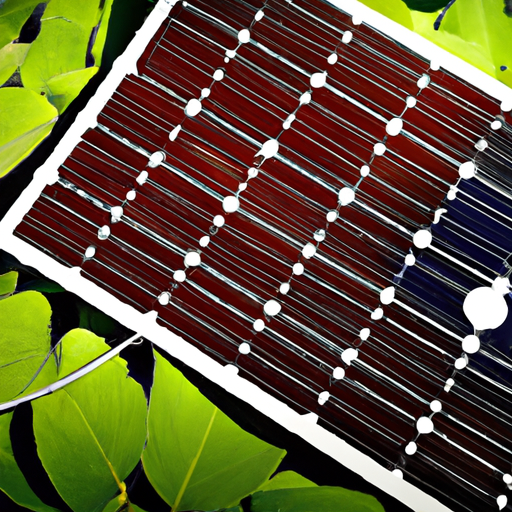
Maintaining a Modern Lifestyle Off the Grid
Technological Advancements for Off-Grid Living
While off-grid living involves disconnecting from the conventional grid, it does not mean completely abandoning modern technologies. Advancements in off-grid appliances and gadgets make it easier to maintain a comfortable lifestyle. Efficient refrigeration systems, energy-saving cooking stoves, and smart home automation systems designed for off-grid use can enhance your living experience. Embrace suitable technology that aligns with your sustainable values and helps optimize resource usage.
Communication and Connectivity Solutions
Staying connected is essential, even in an off-grid lifestyle. Satellite internet services provide reliable internet connectivity in remote areas. Mobile networks and WiFi hubs powered by solar or wind energy can ensure communication with the outside world. Prioritize reliable communication systems to stay connected to family, friends, and emergency services for safety and well-being.
Healthcare and Well-being
Access to healthcare and well-being resources is crucial in an off-grid lifestyle. Build relationships with local healthcare providers and ensure you have access to emergency medical services. Explore alternative healthcare options, such as herbal remedies and natural healing practices, to address common ailments. Prioritize self-care activities such as meditation, yoga, or outdoor pursuits to maintain physical and mental well-being.
Building a Self-Sufficient Community
Benefits of Off-Grid Communities
Living in an off-grid community provides numerous benefits. Sharing resources, knowledge, and skills within a community can increase self-sufficiency and resilience. Collaborative efforts towards food production, infrastructure development, and waste management can lower individual costs and workload. Being part of a supportive community fosters a sense of belonging, companionship, and a collective vision of sustainability.
Establishing Off-Grid Community Guidelines
When building an off-grid community, it is crucial to establish clear guidelines and agreements. Determine the rules for resource sharing, community projects, and conflict resolution. Foster open communication and encourage consensus-based decision-making to ensure everyone’s needs and concerns are addressed. Regular community meetings or gatherings can help strengthen relationships and ensure the community functions smoothly.
Sharing Resources and Skills
One of the key strengths of an off-grid community is the ability to pool resources and share skills. Collaborative efforts in food production, childcare, construction, or healthcare can improve efficiency and reduce individual burdens. Encourage skill-sharing workshops and embrace a culture of learning within the community. By sharing resources and skills, the community can thrive and become more resilient.
Embracing Sustainable Practices
Reducing Waste and Consumption
Off-grid living offers an opportunity to adopt sustainable practices that minimize waste and consumption. Reduce, reuse, and recycle whenever possible to limit environmental impact. Implement composting systems to manage organic waste and reduce the need for chemical fertilizers. Embrace a minimalist lifestyle by prioritizing essential items and avoiding unnecessary consumerism.
Renewable Energy Sources and Conservation
Utilizing renewable energy sources and practicing energy conservation is fundamental in off-grid living. Maximize your solar energy production by properly maintaining and cleaning solar panels. Invest in energy-efficient appliances and LED lighting to minimize power consumption. Use passive cooling and heating techniques, such as thermal insulation and shading, to reduce the need for energy-intensive air conditioning or heating systems.
Eco-Friendly Building and Design
When constructing or renovating off-grid homes, prioritize eco-friendly building and design practices. Use sustainable building materials, such as reclaimed wood or recycled materials. Incorporate passive solar design principles to optimize natural light and heat. Implement rainwater harvesting systems and greywater recycling to minimize water consumption. By adopting eco-friendly practices, you can reduce your environmental footprint and contribute to a more sustainable future.
Ensuring Safety and Security
Emergency Preparedness and Planning
Living off the grid requires thorough emergency preparedness and planning. Develop contingency plans for various scenarios, such as extreme weather events, power outages, or medical emergencies. Equip your off-grid property with emergency supplies, including first aid kits, fire extinguishers, and backup power sources. Establish communication protocols within your community and educate yourself on emergency response procedures relevant to your area.
Self-Defense and Protection
Off-grid living often means living in remote and secluded areas, making personal safety a priority. Invest in appropriate security measures, such as alarms, motion sensor lights, or surveillance systems, to deter potential threats. Additionally, consider acquiring self-defense skills or tools if you feel it is necessary. Maintaining a vigilant mindset and building a strong community network can also contribute to a safer off-grid lifestyle.
Preventing Health Risks
Living off the grid may expose you to additional health risks, such as waterborne illnesses or vector-borne diseases. Implement effective water filtration systems and regular testing to ensure your water supply is safe. Use appropriate protective measures, such as nets or repellents, to prevent insect-borne illnesses. Stay informed about health risks in your area and take necessary precautions to protect yourself and your community.
Overcoming Social and Emotional Challenges
Isolation and Loneliness
Living off the grid can sometimes lead to feelings of isolation and loneliness, particularly if you are in a remote area. It is essential to proactively build connections and maintain social interactions. Engage in community activities, join local groups or participate in online forums related to off-grid living. Foster relationships with like-minded individuals who can empathize with your lifestyle choices and provide support.
Maintaining Relationships and Social Connections
Living off the grid does not mean severing ties with friends and family. Maintain regular communication through phone calls, video chats, or even handwritten letters. Plan visits or invite loved ones to experience your off-grid lifestyle. By actively nurturing relationships, you can bridge the physical distance and ensure your social connections remain strong.
Mental Health and Well-being
Prioritizing mental health and well-being is essential in an off-grid lifestyle. Engage in activities that promote relaxation and self-reflection, such as meditation, mindfulness, or spending time in nature. Seek support from mental health professionals or therapists if the need arises. By addressing your emotional well-being, you can enhance your overall quality of life and enjoy the benefits of off-grid living.
Conclusion
In conclusion, achieving freedom and independence through off-grid living requires a thoughtful approach and careful planning. By understanding the concept of off-grid living, establishing a self-sufficient lifestyle, securing essential resources, managing finances effectively, and embracing sustainable practices, you can enjoy the benefits of living off the grid. Overcoming challenges, both practical and emotional, is part of the journey towards self-sufficiency and a more sustainable future. With determination and a sense of community, off-grid living can provide a fulfilling and rewarding lifestyle choice.
As an Amazon Associate I earn from qualifying purchases.






